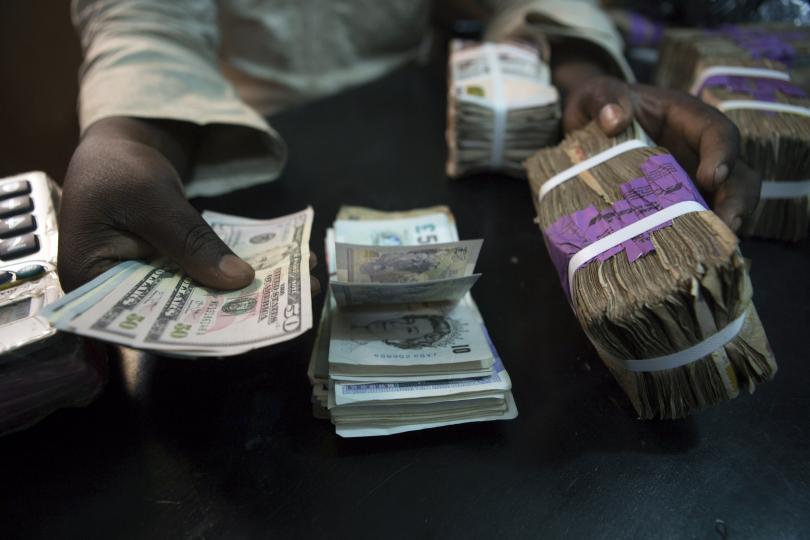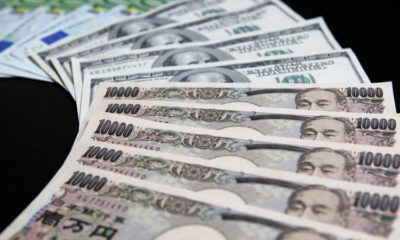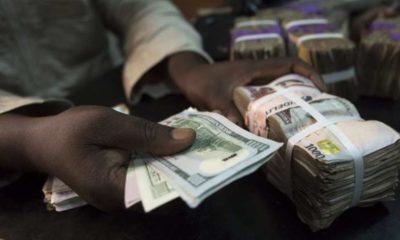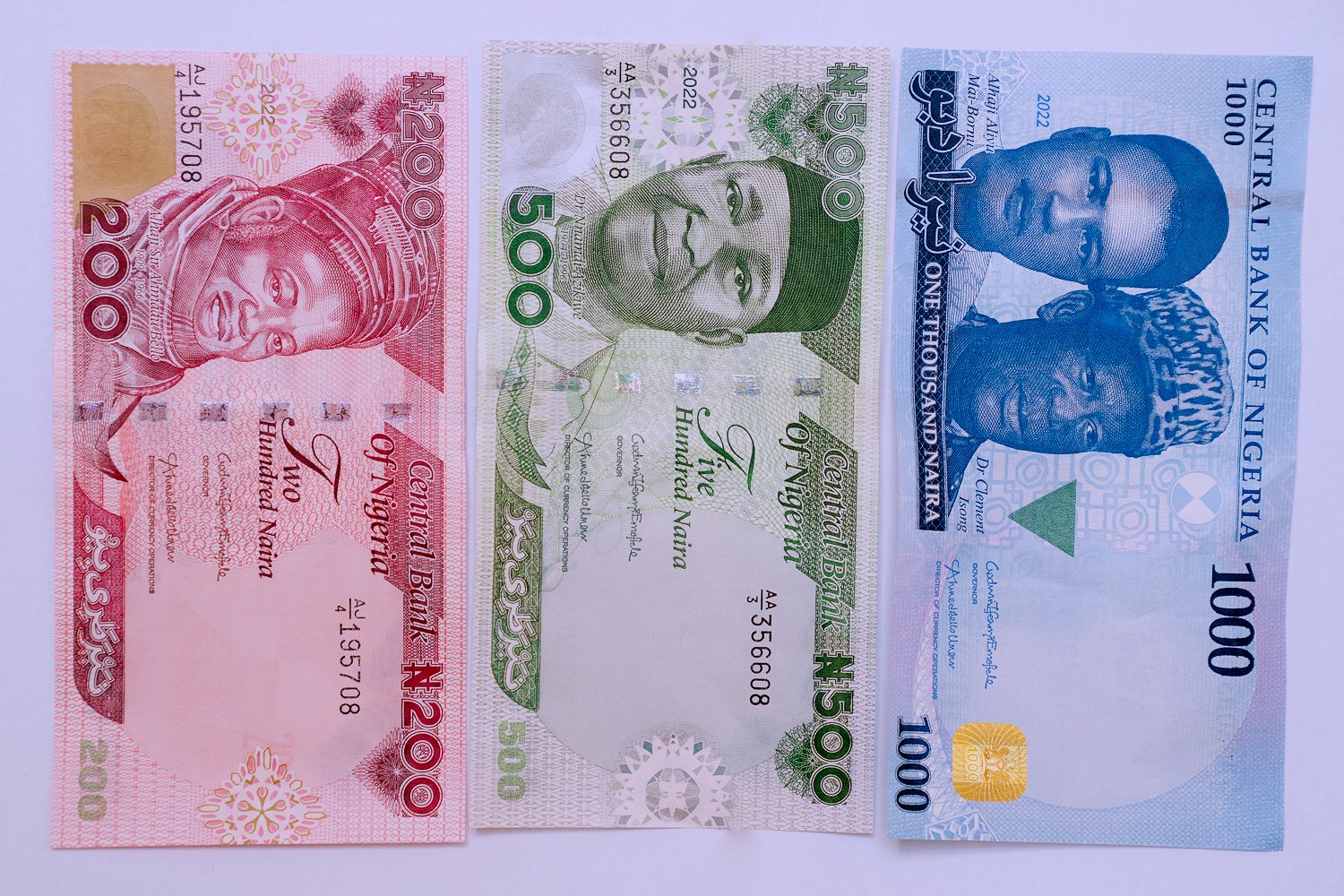Forex
Central Bank of Nigeria Implements Unifying Forex Mechanism for Bureau De Change Sector

Naira
Dollar to Naira Black Market Exchange Rate Today 4th May 2024
The black market, also known as the parallel market or Aboki fx, US dollar to Nigerian Naira exchange rate as of May 4th, 2024 stood at 1 USD to ₦1,400.
Naira
Black Market Dollar Rate Reaches ₦1,380 Today, May 3rd, 2024
US dollar to Nigerian Naira exchange rate as of May 3rd, 2024 at the black market stood at 1 USD to ₦1,380
Naira
Dollar to Naira Black Market Today, May 2nd, 2024
As of May 2nd, 2024, the exchange rate for the US dollar to the Nigerian Naira stands at 1 USD to 1,350 NGN in the black market, also referred to as the parallel market or Aboki fx.
-



 Forex4 weeks ago
Forex4 weeks agoZiG to the Rescue: Zimbabwe Shifts Gear with New Currency Backed by Gold
-





 Naira4 weeks ago
Naira4 weeks agoDollar to Naira Black Market Today, April 9th, 2024
-

 Billionaire Watch4 weeks ago
Billionaire Watch4 weeks agoNigerian Billionaire Tony Elumelu Contemplates Acquiring NPFL Club
-







 Naira4 weeks ago
Naira4 weeks agoDollar to Naira Black Market Today, April 8th, 2024
-







 Naira3 weeks ago
Naira3 weeks agoNaira Hits Eight-Month High at 1,120/$ Amidst Central Bank Reforms
-



 Naira3 weeks ago
Naira3 weeks agoDollar to Naira Black Market Today, April 17th, 2024
-







 Naira2 weeks ago
Naira2 weeks agoDollar to Naira Black Market Today, April 18th, 2024
-

 Economy4 weeks ago
Economy4 weeks agoSiemens $2.3bn Power Project Sees Advancement with Arrival of Transformers, Substations, Announces Minister


















